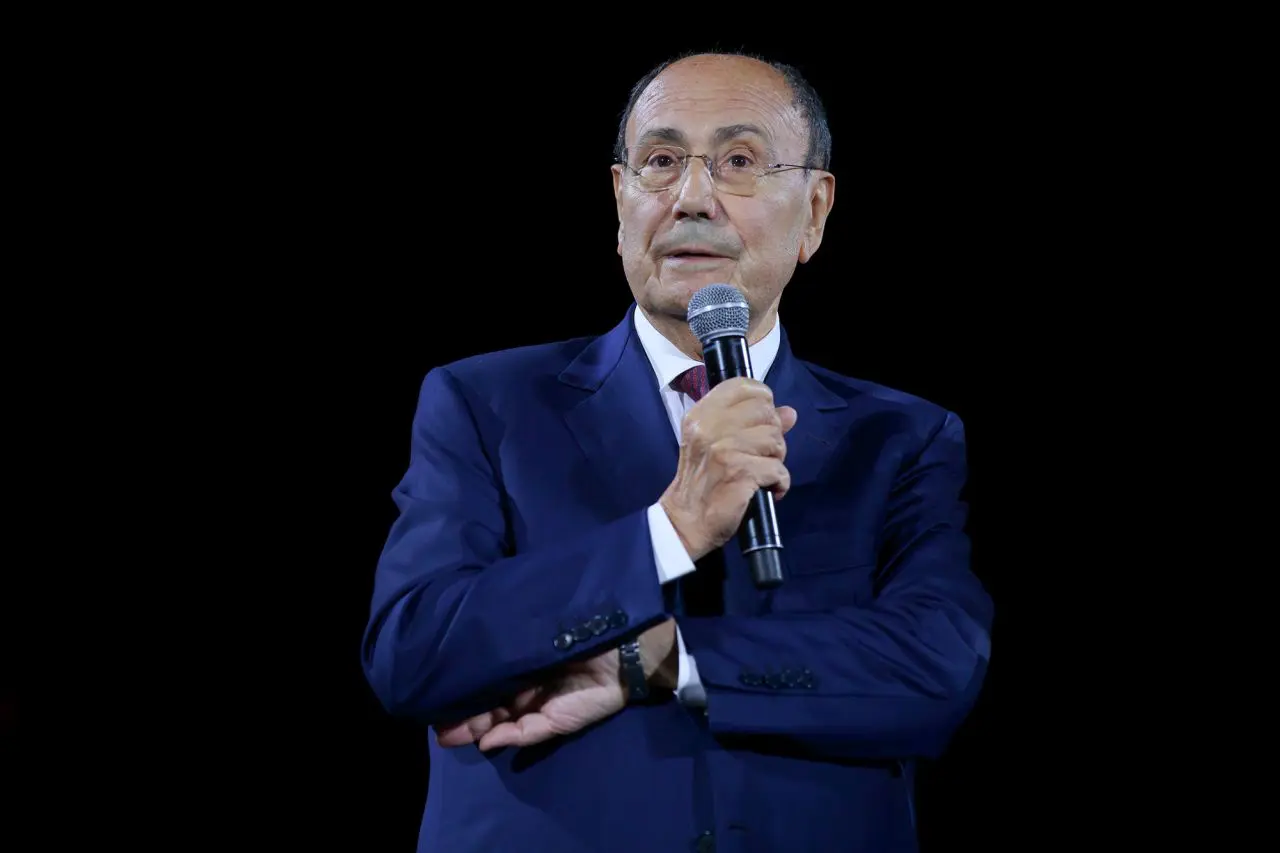Schifani “Sicily, the crossraods of the Mediterranean and a bridge between Europe and Africa”


PALERMO (ITALPRESS/MNA) – “I would like to thank the members of the NATO Parliamentary Assembly who are here in Palermo today for their attention and for personally taking part in this important international event, hosted in the prestigious seat of the Sicilian Parliament, whose roots run deep in the ancient history of the Mediterranean.” With these words, the President of the Sicilian Region, Renato Schifani, opened his address during the joint visit to Sicily and Lampedusa by the NATO Parliamentary Assembly’s Committee on Democracy and Security, the Sub-Committee on Partnerships, and the Mediterranean and Middle East Special Group. “A Parliament that stands as a lasting testament to our people’s drive for self-government,” Schifani continued, “and which is represented here today by its President, Gaetano Galvagno, to whom I extend my greetings, along with all the civil and military authorities honouring this prestigious gathering with their presence. I warmly welcome all the leaders and members of the NATO Parliamentary Assembly present, especially Hon. Lorenzo Cesa, who heads the Italian delegation. The presence of these NATO bodies,” Schifani added, “represents recognition of the geostrategic role that your distinguished institution attributes to Sicily within the wider Mediterranean region — a role built on ancient historical foundations, yet increasingly central today. Sicily faces not only the persistence of old and new conflicts and growing migratory pressures, but also extraordinary opportunities for growth and development in the Mediterranean of tomorrow.”
The governor explained that he had been asked to outline Sicily’s role in the Mediterranean: “Rather than attempt a comprehensive analysis — impossible within the limits of a single address — I will focus on some guiding themes and ongoing trends. Throughout the millennia, Sicily has been a crossroads — a meeting point, a place of conflict, but also of interaction among cultures, civilizations, ethnicities, and religions. Recent analyses of this enduring centrality have aptly described the island as a ‘gateway’ between East and West and a ‘stepping stone’ for Europe toward Africa — highlighting its function as a bridge rather than a border. Yet it must be acknowledged that in this dynamic, Sicily has often oscillated between being a crossroads and slipping into isolation. The Mediterranean has long fascinated writers, historians, geographers, philosophers, and anthropologists — all seeking to define its plural identities and complex internal dynamics.” “The Mediterranean,” Schifani went on, “has been the stage for much of human history — a millennial fusion of history and myth, memory and utopia. It is the sea that forms the axis of world history, the ‘navel of the earth’ around which the great ancient civilizations once stood, as Hegel observed. Braudel described it as a sea of civilizations nourished by the exchange of cultures and religions — a place where human presence has flourished in all its diversity since time immemorial, as Ferrarotti reminded us. Today, however, this perspective is shifting under the pressures of vast economic, social, and demographic transformations: migration, the rise of energy and digital connections, and the shared need to protect an ecosystem and biodiversity found nowhere else on earth. There is growing awareness that Africa will soon exceed two billion inhabitants — the youngest population but also the poorest — while holding 50% of the world’s mineral resources, 50% of its arable land, and 60% of its fresh water. Meanwhile, Europe, though wealthy and advanced, is aging and still struggling with internal divisions, despite the ideals of balanced development that underpin the European project.”
“These realities could lead either to devastating conflict or, as I believe, to intelligent, forward-looking dialogue,” Schifani continued. “In this context of global transformation, Sicily has a crucial role to play — not only because of its history and its position as Europe’s frontier, but also because of its age-old ability to foster peaceful coexistence among differences, to unite distant cultures, traditions, and religions. This spirit is embodied in the island’s Arab-Norman architecture — a synthesis once unimaginable — and symbolised by the trilingual inscription (Latin, Greek-Byzantine, and Arabic) on the hydraulic clock commissioned by King Roger II in 1142, beside the Palatine Chapel. It stands as a testament to a coexistence in which tolerance triumphed over the blind logic of conquest.” “Recent analyses confirm that the spiral of violence unleashed since the October 7, 2023 massacre — atrociously perpetuated by both sides — has intensified instability across the ‘wider Mediterranean’,” Schifani noted. “If our path must lead toward integrated European security, then Italy has chosen wisely with the Mattei Plan, aimed at positioning our country — starting from Sicily — as a bridge between the European Union and Africa, facilitating dialogue and cooperation between the two continents. Italy, and Sicily with it, can play a key role by pursuing a balanced approach focused on mutual cooperation — a contribution that extends beyond bilateral relations to the European and NATO levels. The Sicilian Region, in coordination with the Ministry of Foreign Affairs, is actively involved in the Mattei Plan through significant projects in various African countries, while also engaging in European bodies such as the Committee of the Regions and the Euro-Mediterranean Assembly (ARLEM), which will soon hold an important meeting in Palermo under the Italy–Tunisia program. Equally vital,” he added, “are the digital and energy connections running through the island, making Sicily a strategic innovation hub within the Mediterranean.” “I wish all of you fruitful days of work dedicated to building a future of peace — a peace founded on shared values and sustained by civil and economic progress,” Schifani concluded. “Because, as Saint John Paul II taught us, ‘from the justice of each person is born the peace of all.’”
– photo IPA Agency –
(ITALPRESS).
Source: medNews
